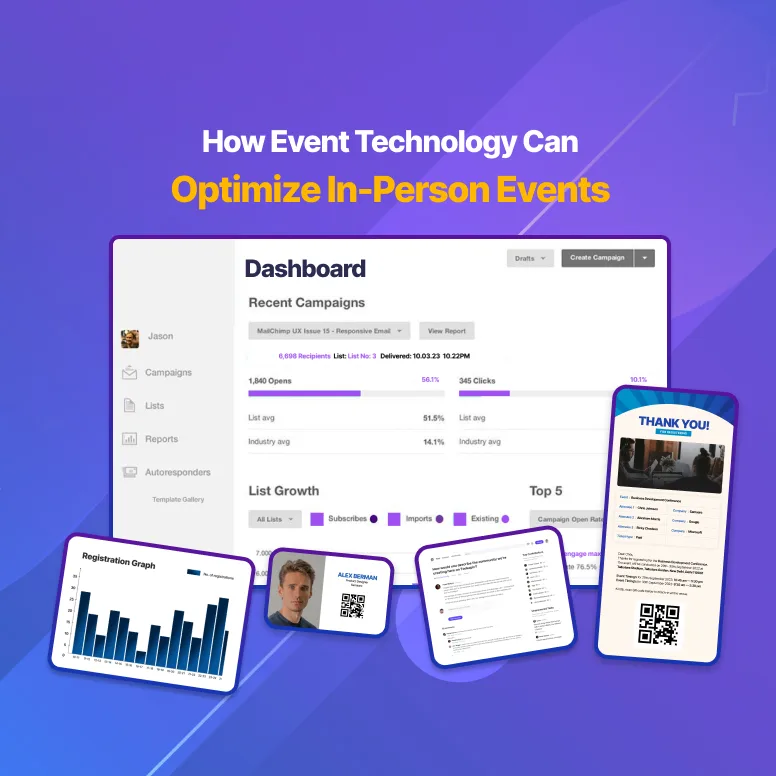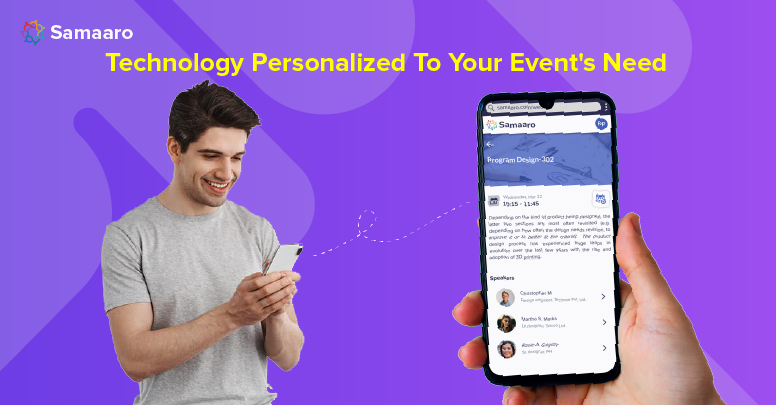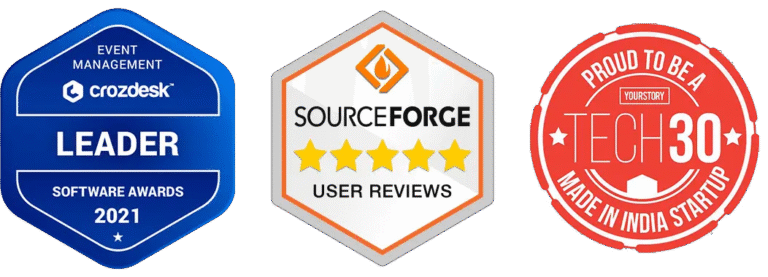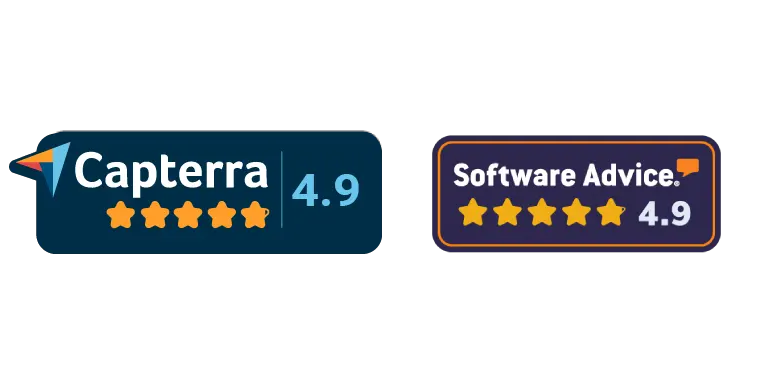Samaaro + Your CRM: Zero Integration Fee for Annual Sign-Ups Until 30 June, 2025
- 00Days
- 00Hrs
- 00Min

In-person events have always been a great way to connect with like-minded individuals, network, and build business relationships. However, as technology continues to evolve, event planners are finding new ways to enhance the attendee experience using event technology. In this article, we will explore the benefits of event technology for in-person events, the types of event technology to consider, and the role of data in optimizing events. We will also discuss important factors to consider when choosing event technology, expert tips for implementation, and the future of event technology.
From streamlining event planning to enhancing the attendee experience, event technology offers a multitude of benefits. Here are some of the benefits of using event technology for in-person events:
There are many different types of event technology to consider for in-person events. These include:

One of the primary benefits of event technology is its ability to improve attendee engagement. By providing interactive features, personalized content, and real-time engagement, event technology can create a more immersive and enjoyable event experience.
Ways in which event technology improves attendee engagement:
Data is a crucial component of event optimization. By collecting and analyzing data on attendee behavior, preferences, and engagement, event planners can identify areas for improvement and make data-driven decisions about future events.
Below listed are some points that lay out the role of Data in Optimizing In-Person Events
By leveraging data to optimize in-person events, event planners can make informed decisions, provide personalized experiences, and ultimately create more successful events.

By carefully considering these factors when selecting event technology, event planners can ensure that they choose the right software to meet their specific needs and help optimize their in-person events.
To ensure successful implementation of event technology at your next event, consider the following expert tips:
Event technology is constantly evolving, and its potential impact on in-person events is immense. Some researched and predicted potential future developments in event technology can include:
In conclusion, event technology has revolutionized the way in-person events are planned and executed. By incorporating technology into your events, such as Samaaro’s all-in-one event technology platform, you can increase attendee engagement, streamline planning processes, and generate valuable data to optimize future events. Samaaro offers features like registration, live streaming, virtual networking, and audience engagement tools that can help you create a seamless and engaging event experience for your attendees. Additionally, its user-friendly interface and excellent customer support make it easy to use and ensure a successful event. When choosing event technology, consider your goals, audience, and important factors such as cost and compatibility. With the continued evolution of event technology, the possibilities for enhancing in-person events with platform like Samaaro are endless.

Built for modern marketing teams, Samaaro’s AI-powered event-tech platform helps you run events more efficiently, reduce manual work, engage attendees, capture qualified leads and gain real-time visibility into your events’ performance.
Location


© 2026 — Samaaro. All Rights Reserved.